Meet Anthony Bourdain, plus restaurant and food predictions from celeb chefs – second course

Anthony Bourdain at Cayman Cookout
I had every intention of sharing the most mouth-watering snippets from all the celeb chefs I interviewed at Cayman Cookout in this post, but the transcriptions are so epic, let’s just hear from Anthony Bourdain today. And if you’re tummy’s grumbling for more, here’s my story in The National where Anthony, Eric Ripert and the Daniel duo (Boulud and Humm) share their predictions for the restaurant scene this year globally and locally, plus their musings on Middle Eastern cuisine.
We’re sitting at a picnic table on the sand at the Ritz-Carlton Grand Cayman’s Seven Mile stretch of beach, whilst he sips a rum punch. Anthony that is, or Tony as he’s affectionately known. Here’s a top five Q&A with the chef-cum-TV sensation.
- Do you take influences from your experiences travelling and work them into your own cooking at home? Never! It took me to 20 years to get good at what I was good at. I don’t delude or flatter myself to think that I can eat Thai food and then cook it at home. It takes generations to do so, and serious attention. Sushi is the perfect example. To be a good sushi chef it’s three to seven years just learning a new rice. I have a small repertoire when cooking at home and I try and perfect that over time.
- You visited Sri Lanka during the civil war, Libya just after Gadhafi fell, Myanmar after democracy was introduced for the first time in 60 years. How do the events in these war-torn countries impact what people cook and how? The environment you eat in impacts the flavour of food. If you’re not worried about the secret police coming and kicking you in the kidneys whilst you’re eating, that already is going to make your food much more delicious. A guy in Libya is eating fast food chicken because it equates with freedom – it means that they have the option to crappy commercialised Western food. They can have whatever the rest of the world takes for granted. It’s about choice and access to food and ingredients. If the government owns the bakeries, or controls the price of flour like in Egypt, there is a political dimension to even the simplest act of eating. Before the revolution, we tried to shoot a scene in Egypt of people eating ful – that’s what everyone eats, it’s the standard breakfast of the working class. Our handlers suddenly got very upset and forbade us to shoot. They were worried about the fact that most of the population was living on this.
- Looking back at your recent career, would you change anything? I wake up every day and look at the map and the world is my oyster. I can go anywhere and I can tell any story I want, any way I want – in as obnoxious, personal or self-indulgent fashion as I wish. I work with friends. No one tells me how to make the shows I make. I have an enormous freedom of movement. No, I wouldn’t change that for the world. [Note; his production company produces the Parts Unknown series of programmes for CNN.]
- What’s your most vivid food memory from your travels? Vietnam was my first love because I never thought I would see it. Delicious, colourful, people were lovely. So much tragic American history. An unexpectedly, welcoming, lovely place. It smells good. And Beirut, because I was there during the 2006 war, and it just broke my heart as I was falling in love with this place. That was a very affecting time in my life. I am glad I was able to go back and do a happier show. Certain places you love unconditionally. There are a lot of great people in Lebanon and I would like to see a happy Lebanon – such a spirit there, so historically f****d from all angles! It’s an almost pheromonic reaction to that place. We all got off that plane and said immediately this place is gonna be good. I will take my family there. [Note; if you missed it in the food trends article, he’s filming in Iran this year, and Lebanon is on the cards at some point.]
- What would your last meal be? At Sukiyabashi Jiro sushi bar in Tokyo. Let me eat there and feel free to kill me afterwards!
Interestingly this underground restaurant which he uncovered for CNN’s No Reservations programme sports three Michelin stars, so perhaps the champion of street food may have been converted.
What would your last meal be? Mine changes every day. Stay tuned as more follows from the two Daniels…well we need a dessert course after all :).
A bientôt!
FooDiva. x
The next annual Cayman Cookout at the Ritz-Carlton Grand Cayman runs from January 15 to 19, 2015, with ticket packages starting from US$1,200 (Dh4,404).
P.S – if you’ve not yet entered, dinners at the latest Mexican restaurant to hit our shores Tortuga are up for grabs – click here to enter the competition before it closes on Saturday at midnight.
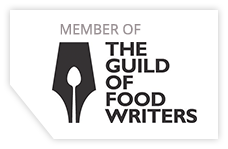














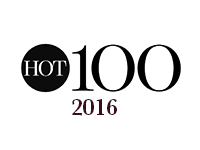
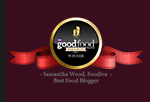
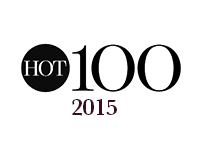







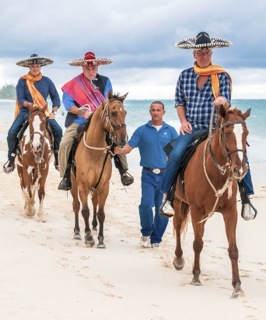
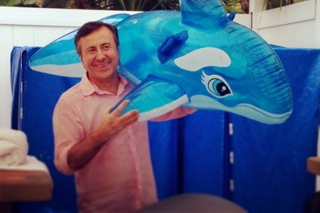

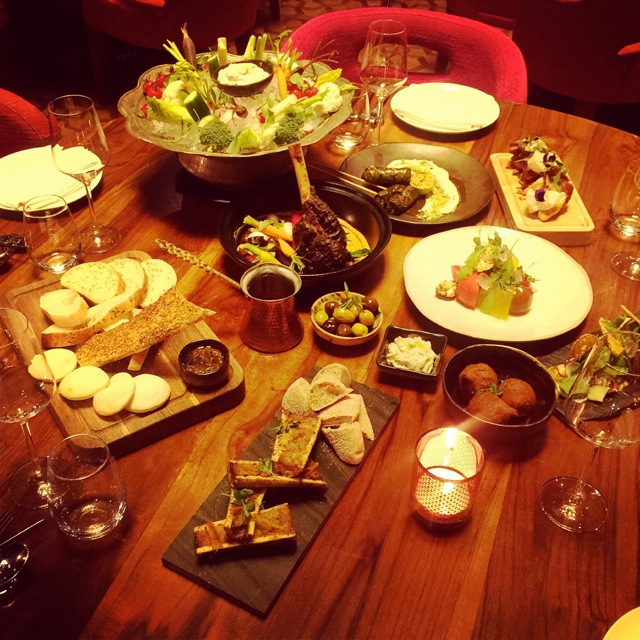


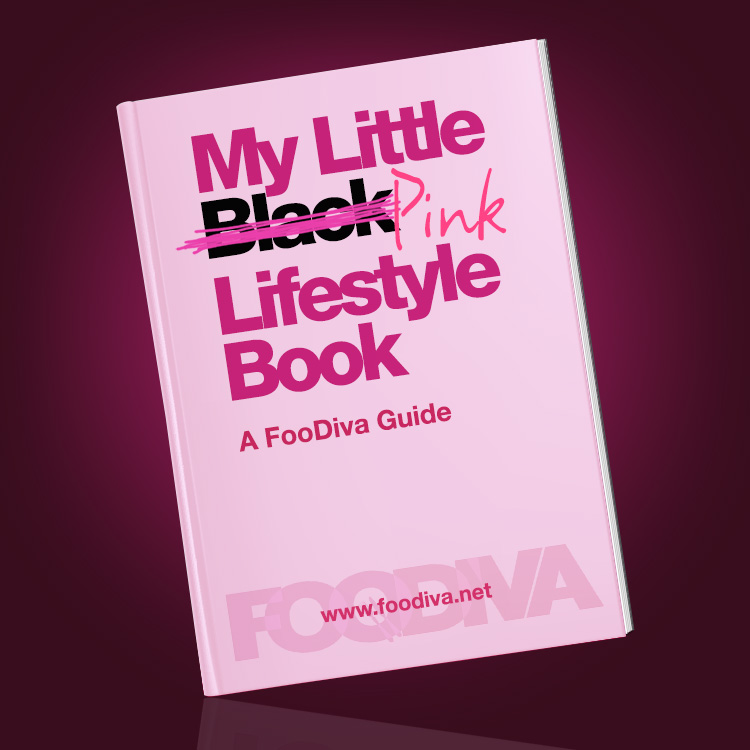


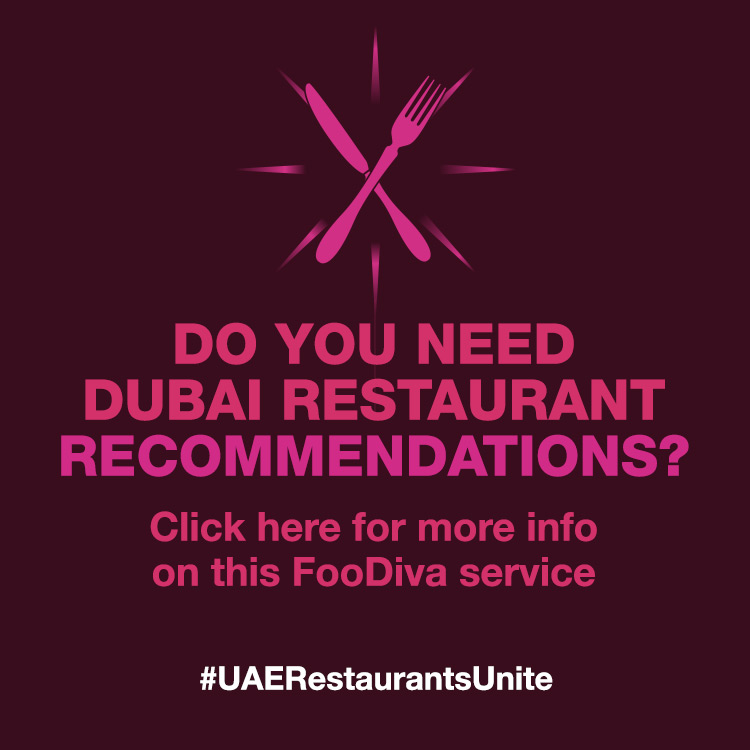



His comments about food and politics are so interesting. Great interview.
Thanks Sally. you would have loved his chat on stage with Eric Ripert. He relishes controversy and is very good at recounting that. It’s a shame he’s not returning to Dubai soon. I’d love him to see how the eating out scene has matured since his last visit.
Very interesting interview and a very interesting man! What did he think of the food scene in Dubai?
Thanks Kelly. It’s in the last para of The National piece 😉 http://www.thenational.ae/lifestyle/food/anthony-bourdain-eric-ripert-and-co-predict-the-tastes-of-the-future-globally-and-locally
How amazing to have met him!!! I’m quite the fan of his show Parts unknown…Great interview Foodiva. Will take a look at your article in the National..It sure would be interesting to know his take on the restaurant scene world over…so much happening!
Thanks Shy :). The beauty of this trip is the easy access to these personalities, something we don’t have here despite the influx of celeb chefs. Have to say my idol is now Daniel Boulud. Anthony does comment on Dubai’s restaurant scene too in my interview.